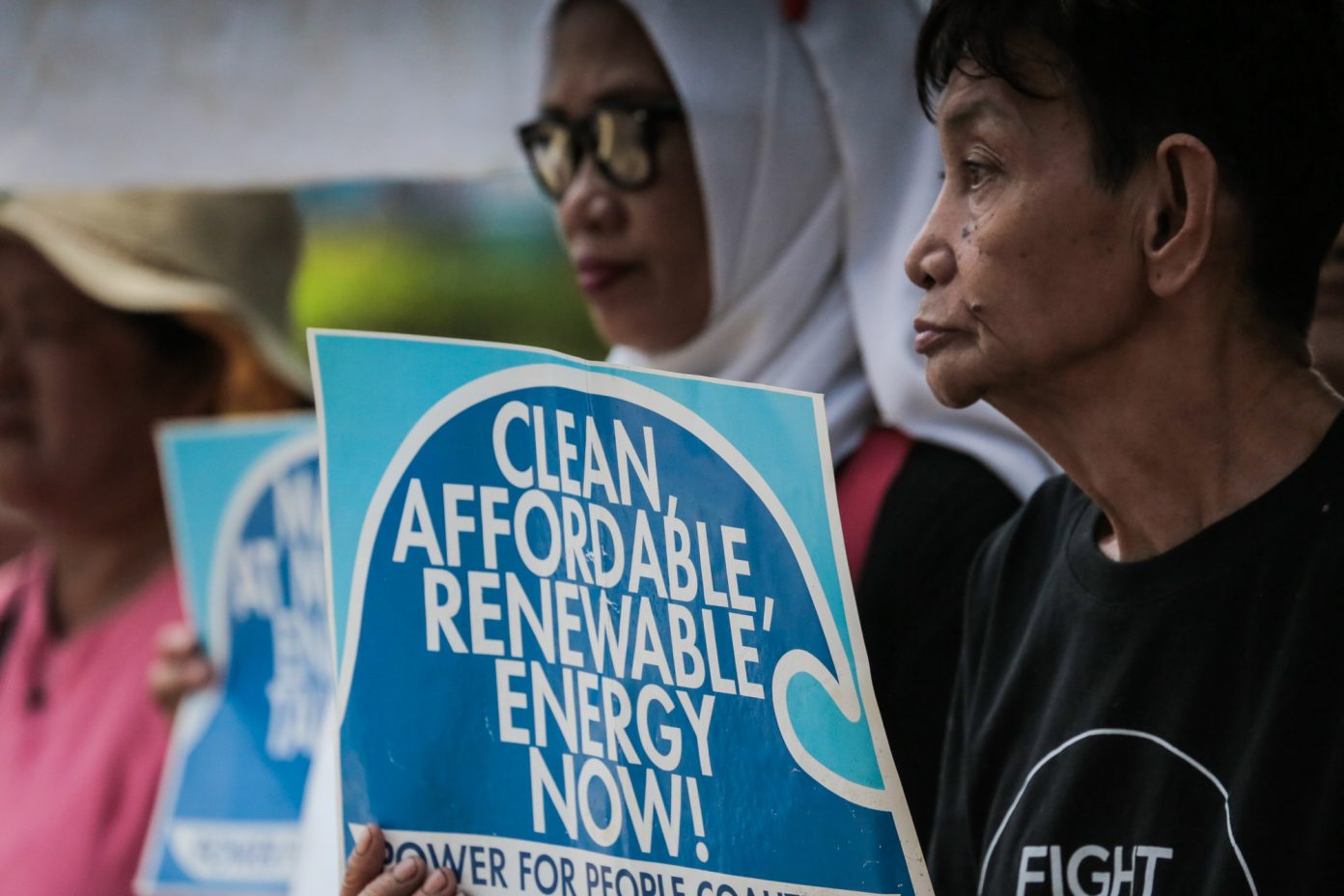Aid agency Oxfam Pilipinas called on the Philippine government “to shift heavily towards the use of renewable energy” following the release of the latest Intergovernmental Panel on Climate Change (IPCC) report on Monday, April 4.
“The latest IPCC report on climate change mitigation just goes to show that even countries with low greenhouse gas emission contributions should be shutting down their coal-fired power plants and focusing instead on cleaner sources of energy such as renewable energy,” said Lot Felizco, Oxfam Pilipinas country director.
The IPCC report is a regular assessment report released every six to seven years based on the work of thousands of scientists from all over the world.
The previous reports have made it clear that the ongoing climate change is caused by human activity, especially the burning of fossil fuels.
In a press statement for the “Climate Change 2022: Mitigation of climate change” report, the IPCC mentioned the continued decrease in the cost of solar and wind energy, and batteries.
“Besides being detrimental to the environment, fossil fuels have further burdened Filipinos with high gas prices and power outages,” said Felizco.
“Experts of our partner organization Institute for Climate Sustainable Cities recently pointed out frequent outages of large coal power plants, which have also caused electricity costs to increase,” she added.
“We agree with their argument that to make the power sector truly competitive, there should be enough support for renewable energy,” she said.
Felizco said shifting to renewable energy is “a win-win situation for the Philippines as we will finally be free from costly fossil fuel power plants.”
She noted that renewable energy is cheaper in the long-run, especially for resource-rich countries like the Philippines.
“We will also be able to do our part to address climate change as it becomes more urgent to reduce the global levels of carbon emissions,” she added.
Nafkote Dabi, Oxfam International’s climate policy lead, said the IPCC’s Working Group III report on climate change mitigation “pulls no punches.”
“The bleak and brutal truth about global warming is this: barring action on a sweeping scale, humanity faces worsening hunger, disease, economic collapse, mass migration of people and unbearable heat,” she said.
“It’s not about taking our foot off the accelerator anymore — it’s about slamming on the brakes. A warming planet is humanity’s biggest emergency,” said Dabi in a statement.
She said no amount of adaptation can compensate for the terrible consequences of failing to hit the Paris goal of limiting warming to 1.5°C.
“This is a survival target and it remains within our grasp, but just barely,” said Dabi.
After a dip in 2020, carbon emissions that fuel climate change have bounced back to pre-pandemic levels.
In 2018, the IPCC released a special report explaining that global warming should be kept within 1.5 degrees Celsius above pre-industrial levels.
Scientists warned that going beyond could result in severe climate change effects such as heavier rainfall and flooding, more intense droughts, lost animal habitats and species.
In 2021, the World Meteorological Organization (WMO) Atlas of Mortality and Economic Losses from Weather, Climate and Water Extremes reported that from 1970 to 2019, 75% of deaths caused by weather, climate and water hazards in the Southwest Pacific region were from the Philippines.
“We do not want to know how much more lives could be lost if the climate change crisis worsens,” Felizco said.







